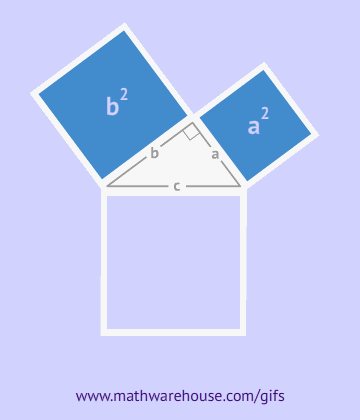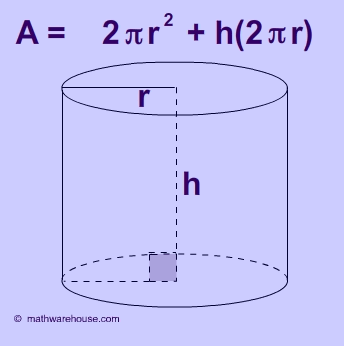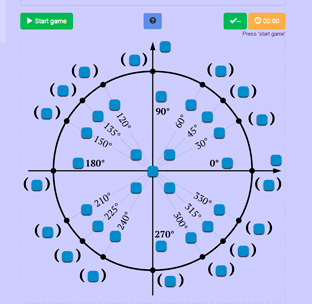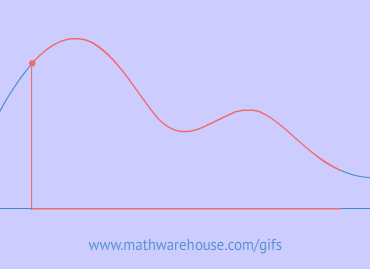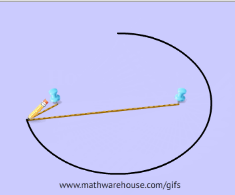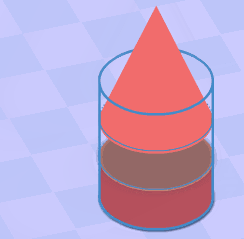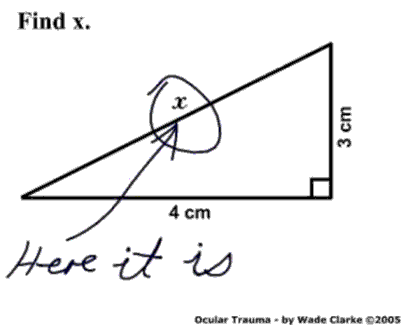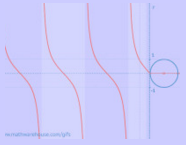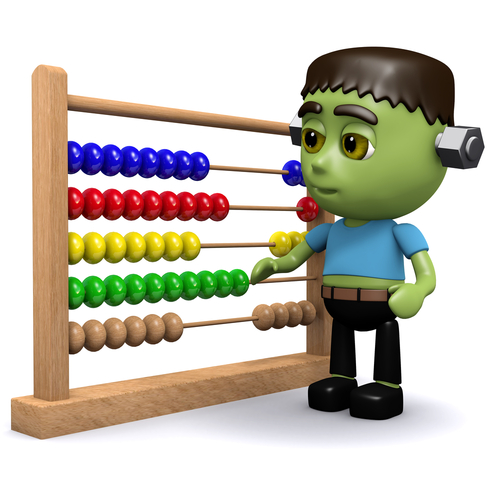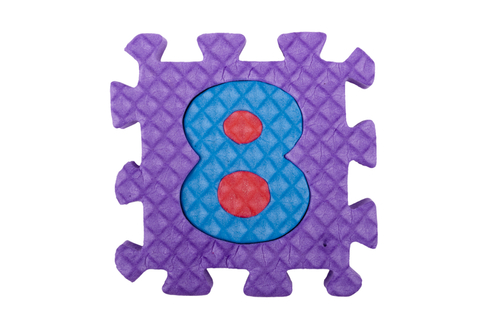Practice Problems
Problem 1
E. $$70$$
$$3*60=180$$, which is the total number of points earned.
The two numbers we do know are $$50$$ and $$60$$ which add up to $$110$$.
The third number is $$180-110=70$$ since all three numbers must add up to $$180$$.
TEST METHOD: AVERAGE PIE
Use the average pie to chart out what you know and simplify this problem.
Problem 2
E. $$54$$
$$x+y=90$$ since the other angle is $$90°$$ and a triangle has $$180°$$ in total.
The two numbers we do know are $$50$$ and $$60$$ which add up to $$110$$.
The third number is $$180-110=70$$ since all three numbers must add up to $$180$$.
TEST METHOD: AVERAGE PIE
Tip: Total degrees = $$180+180=360$$, the total number of degrees in two triangles.
Problem 3
C. Two
METHOD: AVERAGE PIE. You know the total $$(5*80=400)$$. You know the number ($$5$$), and you know the average ($$80$$). You also know the answer is between $$0$$-$$4$$. By trial and error you should be able to answer this one.
KEYWORDS: "greatest possible", "inclusive"
If you're clueless, NO MATTER what you should be able to eliminate A and guess. If you couldn't eliminate A, review how to solve average problems.
Problem 4
A. $$(a+c)/2$$
TEST KEYWORD: "MUST"
Plug in numbers for $$a$$, $$b$$, $$c$$ and see which answer 'must' work.
Problem 5
A. $$0$$
Eliminate some obvious wrong ones B, C, E. Remember to always estimate and have a good rough estimate of where the answers should be which is right around the original average of $$9$$; if you added a new number that was much higher or lower like say $$0$$ or $$1,000$$ the average could never remain $$9$$.
TEST TRAP: D is a trap and since you're not dealing with the first few problems you should not have gone on without really thinking about his one.


